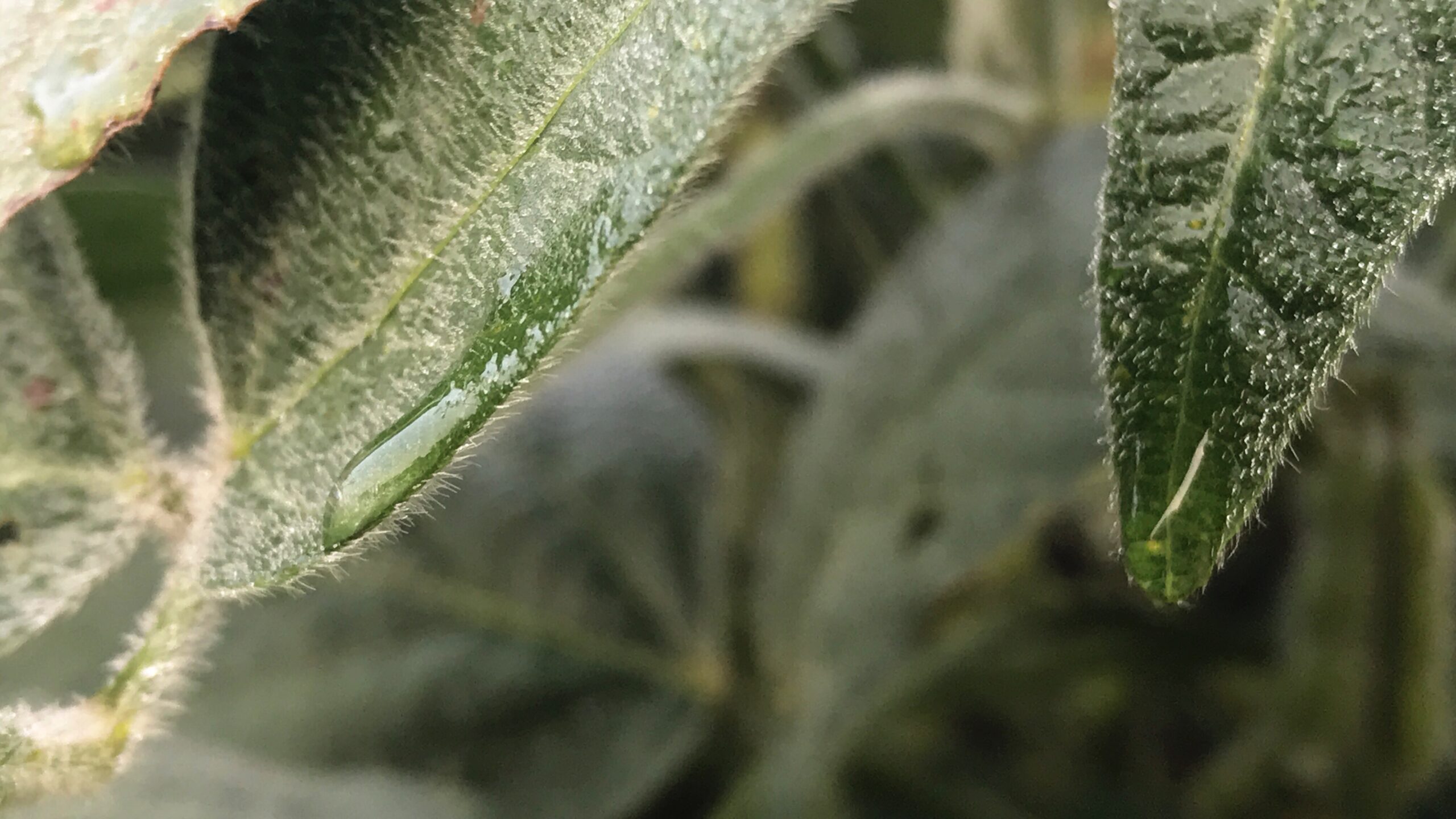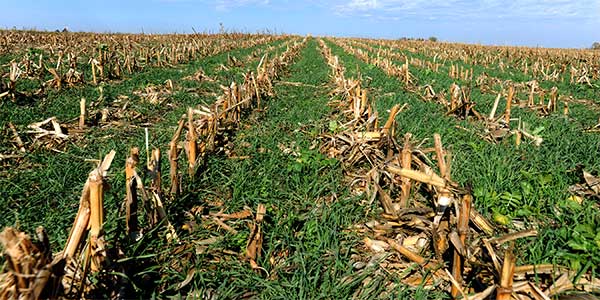Double Crop Soybean Initiative
The USDA’s Risk Management Agency (RMA) reminds agricultural producers that for the 2023 crop year there may be options for insuring double crop soybeans or grain sorghum and other crops in counties where the Following Another Crop (FAC) practice is not available. Producers intending to plant soybeans or grain sorghum after wheat and other fall
Transitional & Organic Grower Assistance
Agricultural producers who have crop insurance coverage on crops in transition to organic or a certified organic grain or feed crop are eligible for premium assistance from USDA. The Transitional and Organic Grower Assistance (TOGA) Program, offered by USDA’s Risk Management Agency (RMA), reduces the producer’s overall crop insurance premium bill and helps them continue
Covid-19 Pandemic Cover Crop Program
Agricultural producers who have coverage under most crop insurance policies are eligible for a premium benefit from USDA if they planted cover crops during the 2021 crop year. The Pandemic Cover Crop Program (PCCP), offered by USDA’s Risk Management Agency (RMA), reduces producers’ overall premium bills and helps them maintain their cover crop systems.PCCP is
Unit Structure Explained (OU, BU, EU)
Types of Units Once a farmer chooses the type of plan and level of coverage, he can choose how he wants to insure his crops. There are a few different ways to set up a crop insurance policy if you have more than one farm. Optional Units (OU) – Optional Units insure each surveyed section
Common Crop Insurance Mistakes That Can Keep Money Out Of Your Hands
Crop insurance is a federally funded program, and it is important to follow the requirements and deadlines of your crop insurance policy to get your claim dollars when you need them. Below are the most common errors found. Documents have no signature or date – We cannot stress enough how important it is to
Can you use my FSA information to report my crops?
You are still not required to certify your acres at the FSA office. However, all crops are required to be reported by identification numbers (CLU). If you decide to certify your crop, we are able to use the FSA 578 form to help meet this requirement, but you will still need to check their forms




